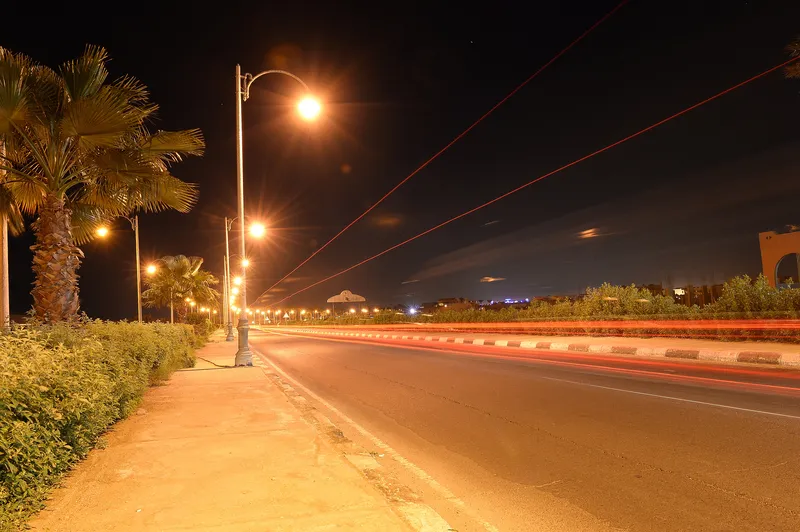Nexus, operator of the Tyne and Wear Metro in the UK, is to invest US$44 million (£35 million) in Metro modernisation work in 2017, involving major projects to renew and replace Metro’s ageing infrastructure, including track and overhead lines.
It forms part of the Metro all-change modernisation programme, the scheme to secure Metro’s long term future over eleven years. The modernisation programme is now into its sixth year.
Nexus will be investing US$138 million (£110 million) through to 2021 on mode
February 1, 2017
Read time: 1 min
It forms part of the Metro all-change modernisation programme, the scheme to secure Metro’s long term future over eleven years. The modernisation programme is now into its sixth year.
Nexus will be investing US$138 million (£110 million) through to 2021 on modernisation projects, bringing total investment across the decade to over US$440 million (£350 million).
Nexus is in discussion with the Government over funding for its plans to invest in a new train fleet and for further funding to continue with the programme of essential renewals throughout the next decade.








